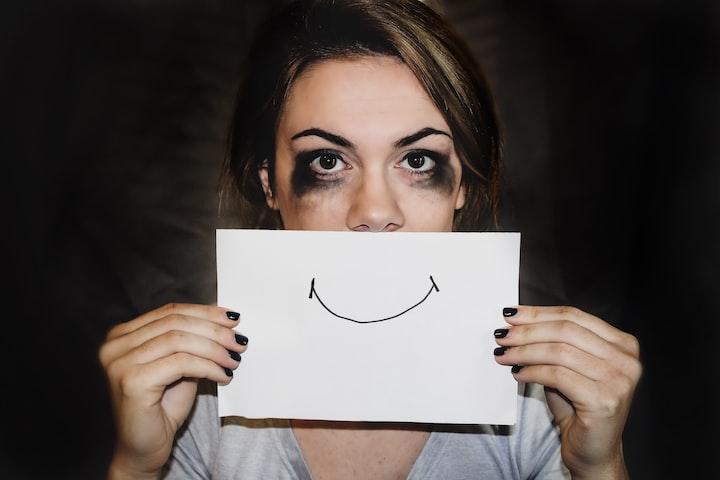There are numerous physical signs of anxiety, as this condition can manifest in a variety of ways. Many people with anxiety report feeling restless, tense, and on edge, as well as experiencing muscle tension and headaches. Other common symptoms include sweating, heart palpitations, and difficulty breathing. Some people also feel nauseous or dizzy, and may have trouble sleeping or concentrating.
While these physical symptoms can be alarming, it is important to remember that they are not dangerous and do not necessarily mean that something is seriously wrong. However, if you are experiencing any of these symptoms on a regular basis or they are interfering with your daily life, it is important to seek professional help. A qualified mental health professional can assess your symptoms and provide you with treatment options that can help you manage your anxiety.
Dizziness
Dizziness is often described as feeling lightheaded or off balance. For some people, it may feel like the room is spinning. It can be mild or severe, and it can come on suddenly or gradually. Dizziness can make it hard to concentrate or even stand up straight.
If you’re feeling dizzy due to anxiety, there are a few things you can do to ease your symptoms:
– Drink plenty of fluids throughout the day to stay hydrated. – Avoid caffeine and alcohol, which can both contribute to dehydration and make anxiety symptoms worse. – Try deep breathing exercises or meditation to help calm your nervous system. – Get up slowly from lying down or sitting position to avoid sudden changes in blood pressure that could trigger dizziness.
Muscle aches and tension
Anxiety can cause physical symptoms including muscle aches and tension. This can lead to pain and discomfort in the body. There are a number of ways to relieve muscle aches and tension caused by anxiety. Exercise is a great way to reduce stress and tension in the body. Yoga, Tai Chi, and other forms of relaxation exercises can also help to reduce anxiety symptoms. Massage therapy is another effective way to reduce muscle aches and tension caused by anxiety. A massage therapist can use gentle pressure and strokes to relax the muscles and relieve pain.
Trembling or shaking
While trembling or shaking may be the most noticeable symptom of anxiety, it is certainly not the only one. Other common symptoms include heart palpitations, sweating, difficulty breathing, and feeling dizzy or lightheaded. Anxiety can also cause people to feel nauseous or have an upset stomach. In some cases, people may even experience chest pain or a sense of impending doom.
If you are experiencing any of these symptoms, it is important to seek professional help. While there are many effective treatments for anxiety available, it is important to get help from a qualified mental health professional in order to ensure that you receive the best possible care.
Dry mouth
Drink plenty of fluids throughout the day, especially water. Chew sugar-free gum or suck on sugar-free hard candy to stimulate saliva production. Avoid coffee, tea, and alcohol, which can worsen dry mouth. Use a humidifier in your home or office to keep the air moist. Avoid tobacco products, which can further irritate dry mouth. Talk to your doctor about medications that may be causing or worsening your dry mouth.
If you suffer from frequent or severe episodes of dry mouth due to anxiety, you should see your doctor for further evaluation and treatment.
Excessive sweating
There are a number of treatments available for excessive sweating, including antiperspirants, Botox injections, and prescription medications. If you’re struggling with excessive sweating due to anxiety, talk to your doctor about your options.
